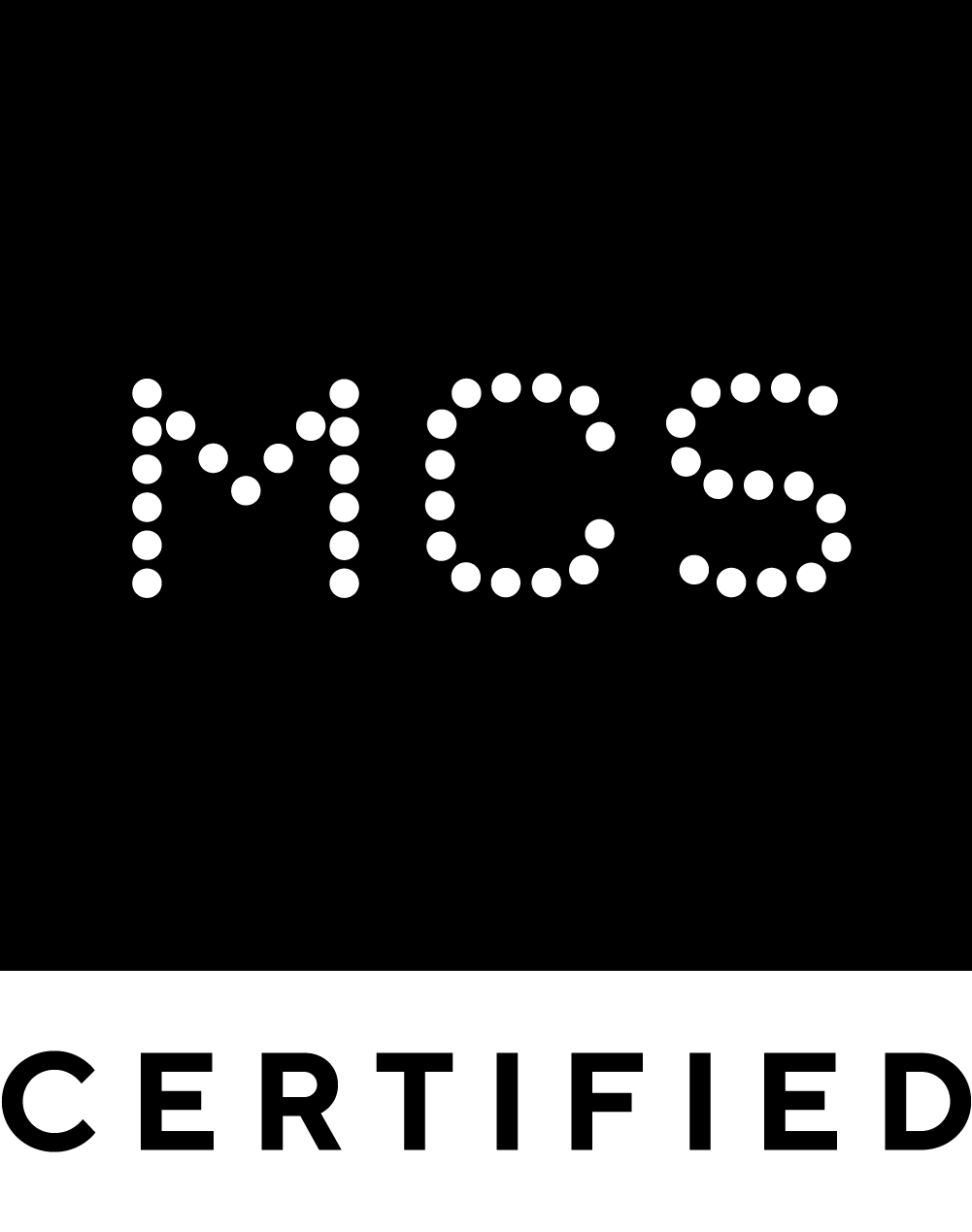Domestic Renewable Heat Incentive scheme tariffs rise annually in line with the Consumer Price Index. We bring you the updated tariffs and highlight some important timing considerations if you're looking to switch to renewables.
Following the annual April increase in line with the Consumer Price Index, domestic Renewable Heat Incentive (dRHI) scheme tariffs are now as follows:
| Technology | Domestic RHI tariff from 1st April 2019 p/kW hour | Annual heat demand limit kWh |
| Ground Source Heat Pump | 20.89 | 30,000 |
| Air Source Heat Pump | 10.71 | 20,000 |
| Biomass Boiler | 6.88 | 25,000 |
| Solar Thermal Panel | 21.09 | n/a |
This scheme, designed to encourage homeowners to switch from fossil fuel heating systems to renewable alternatives, remains open to new applicants until 31st March 2021.
While that may seem a long way off, if you’re considering incorporating a renewable heating system into a self-build or major renovation project, it’s worth factoring that into your planning if you hope to benefit from payments under the scheme.
If you’re retro-fitting a system into your home the timescales can be considerably shorter so could be of less concern, but there are a couple of important considerations:
To be eligible to apply to the domestic RHI scheme, the system needs to be fully installed and generating heat, and the installation needs to have been registered on the MCS Microgeneration Installation Database by the MCS-accredited installer that fitted and commissioned it.
In order to complete this registration, your installer will need you to have an up-to-date Energy Performance Certificate for the property that’s less than two years old and reflects the current insulation standards of the property. Remember, to have an EPC done the property will need to be weather-proof, with all doors and windows in place, so you can’t rush this in the case of a new build.
It’s actually the heat demand figure from your EPC which is used by Ofgem to calculate your RHI payments (up to the heat demand limits shown in the table above for ground source and air source heat pumps and biomass boilers).
Given that major projects carry the risk of over-running, it’s worth factoring a cushion into your schedule to make sure you have plenty of time for the installation and all the requisite registrations so you don’t end up missing out at the last minute on the opportunity to join the scheme.
If you’re in the planning stages of a project and would like some guidance on which renewable energy heating solution might be right for your home, or to understand the timescales for installation, why not give us a call on 01423 788699 or get in touch via our Contact form and we’ll call you back to see how Yorkshire Heat Pumps can help you join the growing band of homeowners switching to renewables and receiving payments under the scheme.






 Unit 3a & 3b | Follifoot Ridge Business Park | Pannal Road | Harrogate | N. Yorks | HG3 1DP
Unit 3a & 3b | Follifoot Ridge Business Park | Pannal Road | Harrogate | N. Yorks | HG3 1DP
Comments (0)
Add a Comment